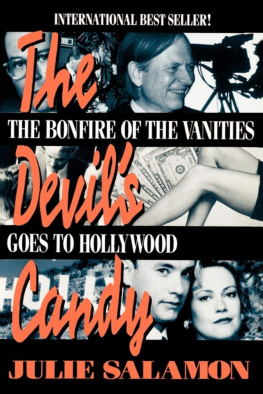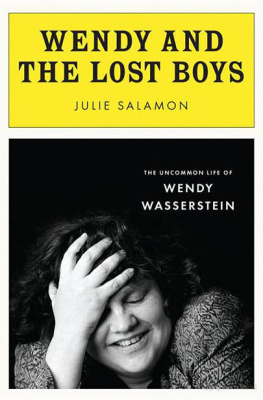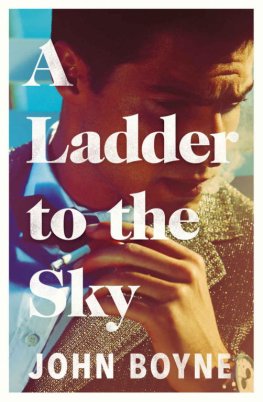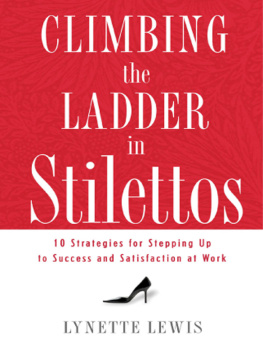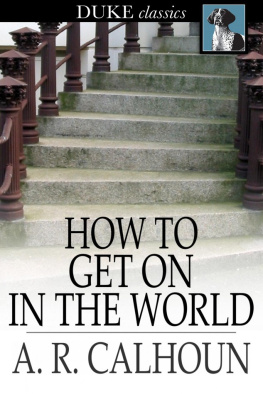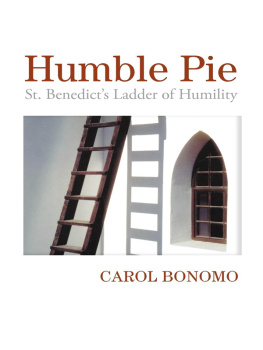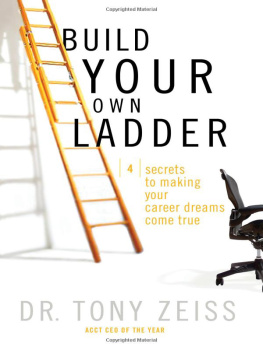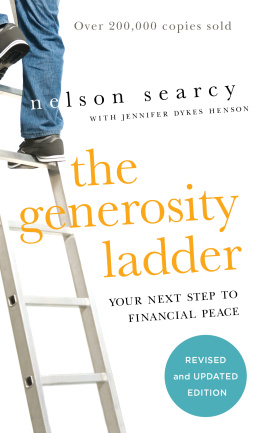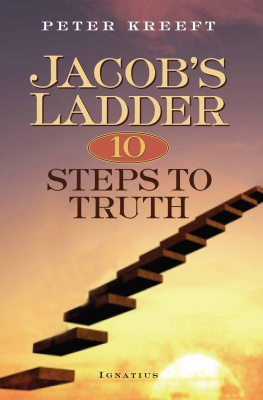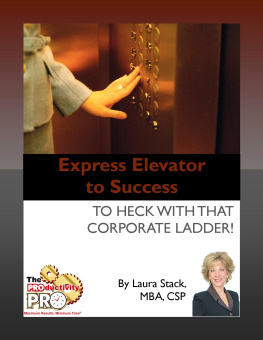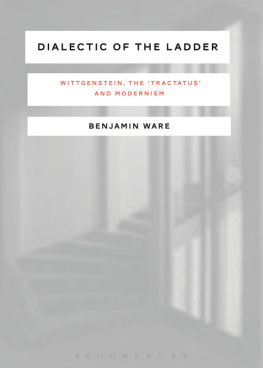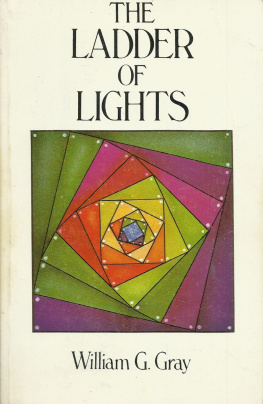Also by Julie Salamon
White Lies
The Devils Candy
The Christmas Tree
The Net of Dreams
Facing the Wind
Rambams Ladder

A Meditation on Generosity and Why It Is Necessary To Give
JULIE SALAMON
WORKMAN PUBLISHING NEW YORK
Copyright 2003 by Julie Salamon
All rights reserved. No portion of this book may be reproducedmechanically, electronically, or by any other means, including photo-copyingwithout written permission of the publisher. Published simultaneously in Canada by Thomas Allen & Son, Limited.
Library of Congress Cataloging-in-Publication Data is available.
eISBN 9780761154716
The Eight Degrees of Almsgiving, pp. 68, from The Code of Maimonides, Book 7: The Book of Agriculture, translated by Isaac Klein, 1979 by Yale University, reprinted with the permission of Yale University Press.
Workman books are available at special discounts when purchased in bulk for premiums and sales promotions as well as for fund-raising or educational use. Special editions or book excerpts can also be created to specification. For details, contact the Special Sales Director at the address below.
Design by Janet Vicario
Workman Publishing Company, Inc.
225 Varick Street
New York, New York 10014-4381
www.workman.com
To the men and women of the Bowery Residents Committee
CONTENTS
The Ladder of Charity
8 / RESPONSIBILITY
At the top of the ladder is the gift of self-reliance. To hand someone a gift or a loan, or to enter into a partnership with him, or to find work for him, so that he will never have to beg again.
7 / ANONYMITY
To give to someone you dont know, and to do so anonymously.
6 / CORRUPTION
To give to someone you know, but who doesnt know from whom he is receiving help.
5 / BOUNDARIES
To give to someone you dont know, but allow your name to be known.
4 / SHAME
To hand money to the poor before being asked, but risk making the recipient feel shame.
3 / SOLICITATION
To hand money to the poor after being asked.
2 / PROPORTION
To give less to the poor than is proper, but to do so cheerfully.
1 / RELUCTANCE
To give begrudgingly.
INTRODUCTION
We spend a lot of time thinking about why people are bad. Just as perplexing, maybe more perplexing, is why they are good. There are some obvious reasons: guilt, remorse, genetic predisposition, familial example, religious instruction, fear of social disapproval or, at the extreme, the terrifying thought of eternal damnation. But why for some people does it take a cataclysm to set off a charitable response, and why do others automatically reach into their pockets when they see a homeless person approaching? What kind of giving satisfies the need of a particular giver and where does that need come from? What are the rules?
I once believed it was natural to give. I grew up in one of the poorest counties in Ohio, in a rural town in Appalachia where my father was the only doctor. As far as I know, he never refused a patient for lack of money and could enumerate whole categories of other people who werent permitted to pay, including teachers and preachers. I would describe my mother as generous but pragmatic. She likes her giving to be balanced by a tax deduction. My own urge to give has many layers, built on a solid core of contrition. Ive felt the need to compensate for being raised without financial stress in a poor community, and for being the daughter of Holocaust survivors who had almost everything taken away from them but made sure I wanted for nothing.
So Ive been volunteering at one thing or another most of my life, beginning as a candy-striper in junior high school. I didnt think about the whys too much, being absorbed with my family and work, but I confess to having felt slightly superior to people who were stingy with their money or their time. That cocky self-assurance about my own generosity was probably destined for some sort of comeuppance. I didnt expect, however, that this supposition about who I wasalong with so much elsewould be tested with a mighty life-altering blow. But thats what happened when terrorists attacked the World Trade Center, about a mile from my home.
On September 11, 2001, I felt no urge to give blood, make sandwiches, or search for the missing. My pervasive, all-consuming desire wasnt altruistic but maternalto gather my children close and somehow protect them. There wasnt anything wrong with this impulse to protect my own, yet I felt selfish.
Maybe this was because my husband took actionor at least tried to. He went to offer blood and decided to go back later; there were too many volunteers. He showed up at the cavernous Javits Center on a bleak rainy day to sign up for the rescue effort, only to realize with grim frustration, as he faced the long line of muscular working men, that his desk job had ill prepared him for the tasks at hand. He picked up the flyer from a restaurant throwing a fund-raiser for the victims, down the block from our home, and then made sure we gave a check, though we didnt attend the dinner.
Later, struggling to regain my footing, I recalled a story my mother once told me. World War II had just ended. She was twenty-two and living in Prague, having spent the previous year in Auschwitz and a work camp. Because she spoke several languages and was a hustler, she got a job with a charity that distributed clothing sent from America for the refugees, mainly Jews liberated from the camps. Among the perks: She was given an apartment, which she immediately crammed full of relatives and friends. And first crack at the clothes. In short order she refashioned herself from scraggly waif to chic young woman.
My mothers job required her to visit the refugee camps to find out what was needed. On her first outing, as she looked at the people she was supposed to help, she was overcome with uncharitable thoughtsdisgust, actually. Her clients were dirty, still in rags, emaciated. She wanted to get away from them as quickly as possible. Later she felt shame, realizing her disgust mirrored the disgust the Nazi guards must have felt for her at Auschwitz. Then it had been she who was dirty, ragged, pathetic.
All families have their stories, and in my family they became parablesin this case, a way of urging my sister and me to look carefully at people before we judged them as deserving of our praise or condemnation or pity. I always admired my parents for their belief in universal humanity, even after they had experienced evil so directly. Growing up with them, I learned firsthand the essence of charity.
How wonderful it sounds, so straightforward and pure. But even before September 11, holding on to those high-minded ideals had never been easy, not with so many charlatans and fanatics warping the benign view. After September 11, while I was glad others were searching for terrorists, for me the quest for goodness became far more compelling and urgent. I wanted proof that Stephen Jay Gould, the late paleontologist and essayist, had been right when he eloquently responded to the World Trade Center attacks.
The tragedy of human history lies in the enormous potential for destruction in rare acts of evil, not in the high frequency of evil people, wrote Gould. Complex systems can only be built step by step, whereas destruction requires but an instant. Thus, in what I like to call the Great Asymmetry, every spectacular incident of evil will be balanced by 10,000 acts of kindness, too often unnoted and invisible as the ordinary efforts of a vast majority.
Next page

